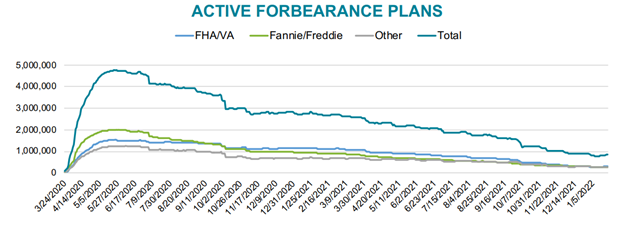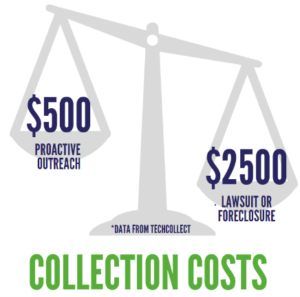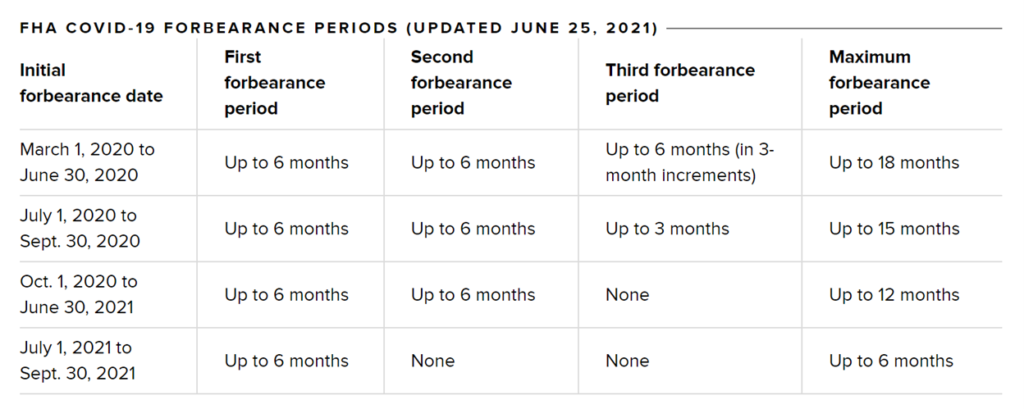What’s the deal with HOA assessments? Why do we pay monthly assessments instead of weekly? What happens when we don’t pay? At some point, we’ve all asked these questions, hopefully before having learned the hard way. The cost of living in America has never been cheap, I mean, it can’t be – freedom has never been cheap either. The American dream is all about earning and reaping your reward. It’s a testament to what we’ve strived to gain, and here it is: in the form of down-payments and assessments with the hope that someday we will have paid off the final sum. Though, we should also be asking, what does the money from our payments go towards?
Why Pay HOA Assessments Monthly?
Not only is it easier for management companies to keep track of monthly payments rather than weekly, but it also ensures that all funds go towards the needs of the community, which is of the utmost importance. Treasurers of the board in HOA communities keep track of budgeting. The budget is assurance for the expense of necessary maintenance and care of a community, and if all payments are made on time, then the board can afford to cover all expenses. Every budget is accounted for by the treasurer but determined by the community. It’s like everyone chipping-in to buy a pizza for the group.
What Happens if I Don’t Pay My HOA Assessments?
We say this without meaning to threaten or debilitate, but frankly you’d be cheating yourself and your neighbors if you don’t pay your HOA assessments. It’s a two-way street, and since there is no profit to be made as a Home Owners Association, there’s no real point to not pay as a homeowner – with exception to financial troubles that clash with your financial obligations (which in that case do not be alarmed, there are people that are willing to help you out). If a delinquent is flat-out NOT paying their dues by whatever motive they uphold, then the board of directors makes it their business to ensure the payment comes in – if it doesn’t, then the board’s job gets a bit more complicated. The budget falls out of order and the pool that the community wants cleaned and up to code has to stay dirty for a little while longer because they instead have to put your neighbors’ payments towards hiring a lawyer to make sure you pay up.
What if I Can’t Pay My HOA Assessments on Time?
Firstly, take a deep breath and realize that you’re not alone in the matter. Nearly 60% of Americans are living paycheck to paycheck, with this in mind it is reasonable to assume that your community’s board can and will help you out in this matter, since they have most likely been in your shoes before. After taking a deep breath, take inventory and check to see if you have any cash that you have yet to deposit from your Peer-to-Peer payment accounts such as PayPal, Cash App and Venmo. It is always encouraged and highly advised that you have an emergency fund in another account as a homeowner to use at your discretion. If you decide to use some of your emergency funds to pay your assessment, then remember to make deposits to the emergency fund weekly/monthly. If you are waiting on a paycheck to come in, or had to pay for damages or address an emergency, then get in touch with a local board member and explain your situation to them. Be mindful that your history of timely payments will pay off if you can’t pay on time. Though, if coming up short or late on your payments has become routine, then your neighbors and board members may not be so endearing in these matters and will have to bring in a local attorney to try and speed-up the process.
Play Your Hand
There is no shame in having financial struggle, we all have had them at some point. Living is not cheap, and neither is freedom. With all that being said, be thorough when looking through your options. When partnered with the proper help, you can get through most anything – just contact the board or community manager, be diligent in the midst of your struggle and play your hand.












